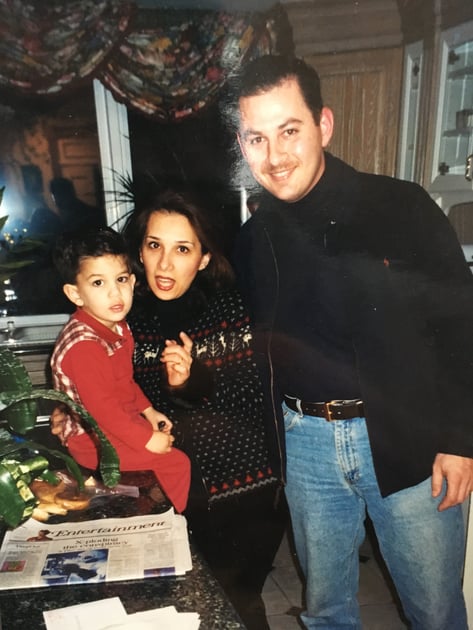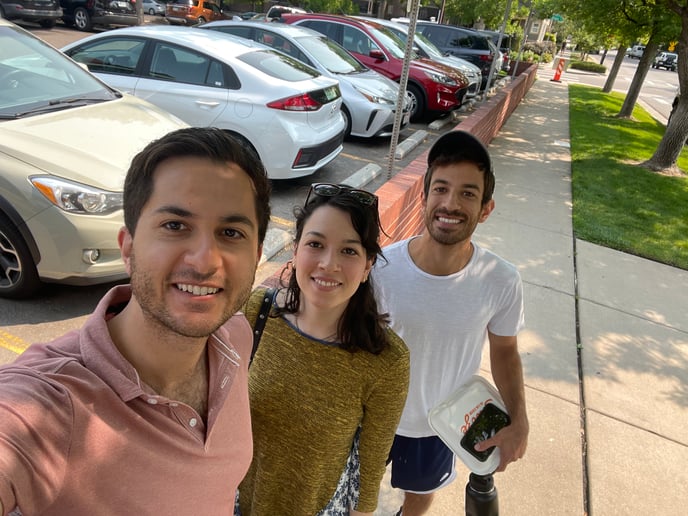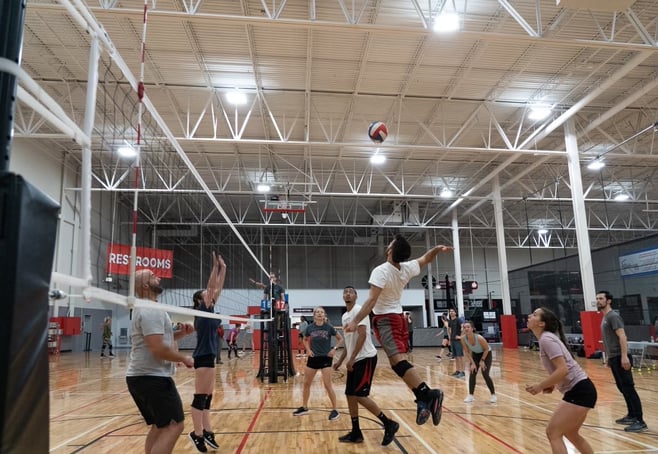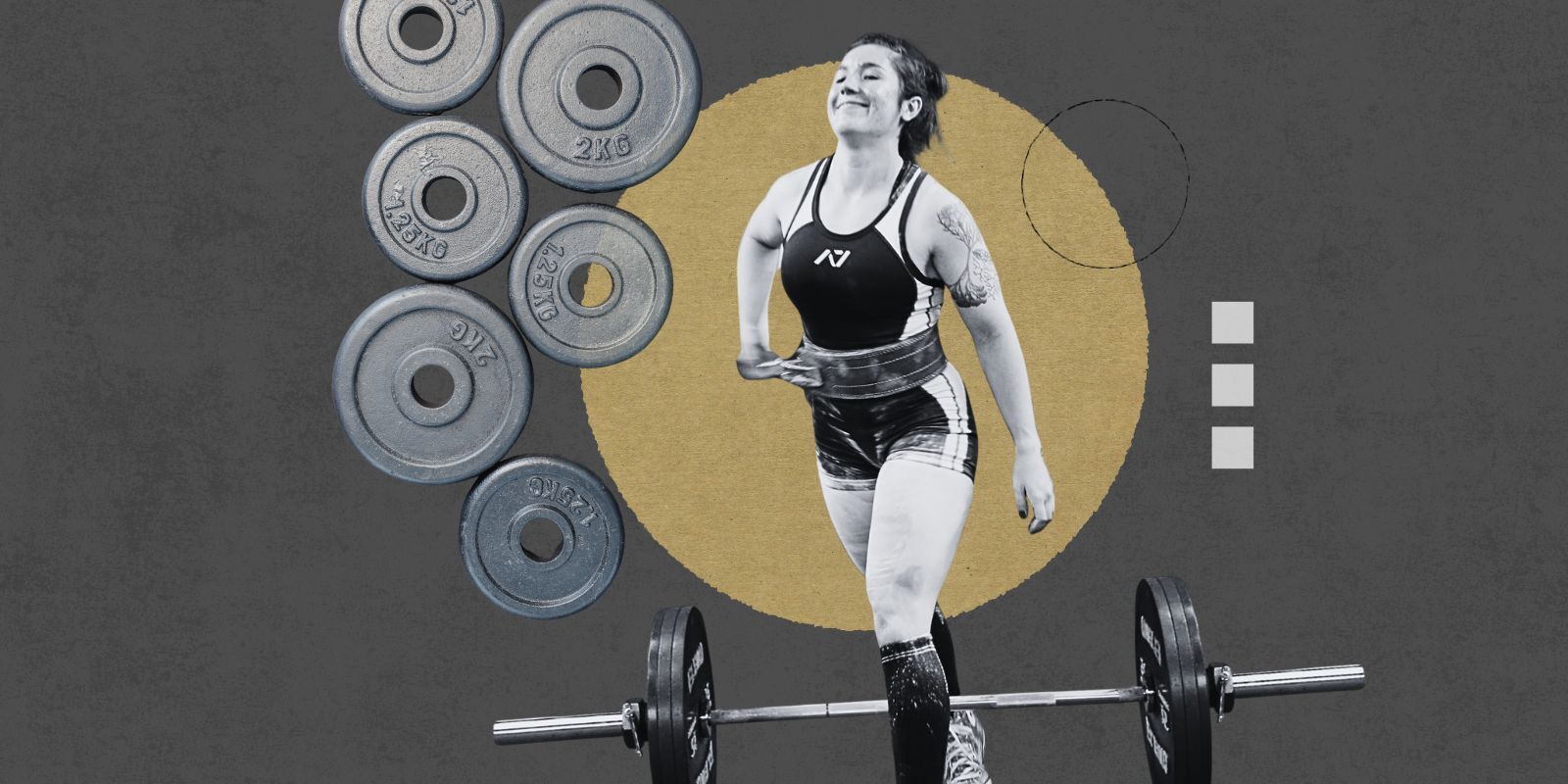During his summers as an undergraduate student, Zaid Al Bahrani worked as a counselor at Camp Kesem in Ohio, a weeklong overnight camp for children impacted by a parent’s cancer diagnosis.
Some of the children had already lost a parent to cancer, and some were seeing their parents deal with the effects of the disease every day. The camp gave the children an opportunity to meet others who could understand what they were feeling – the anger and hope, sadness and frustration, confusion, grief, and sometimes peace.
“The way each child reacted to the traumas they experienced was very, very different,” Al Bahrani recalls. “That’s when I noticed how much I was drawn to this facet of the human experience. I began to see that as individuals we can hold beliefs that are seemingly paradoxical but both are true. That ambiguity and nuance made me want to understand people on a deeper level.”
That desire to delve into the contradictions and contrasts of human experience motivated Al Bahrani as a student in the University of Colorado School of Medicine and, after he graduates this month, will sustain him as he begins a four-year psychiatry residency also in the CU School of Medicine.
“People are just so incredibly complicated in a really beautiful way, and psychiatry tends to lean into the ambiguity of human experience,” he says. “In medicine there are objective metrics and objective signs of treatment, and the thing that excites me about psychiatry is balancing that with the moving target of what it means to be human.”
Finding a place in a new country
In many ways, Al Bahrani understood and keenly related with the paradoxes and plural identities the children at Camp Kesem experienced. He was born in Iraq between wars in a time of intense turmoil.
As war consumed the country, his parents sometimes slept on top of him and his older brother and sister, not knowing where or when bombs would drop. They made the difficult decision to immigrate to the United States and had little money when they initially arrived. His dad worked very hard, and his parents' fundamental goal was to move to a country that is safe and provides a good education.

Zaid Al Bahrani, left, as a child with his mother and father, Saba and Mohamed Al Bahrani
From an early age, Al Bahrani lived with the uncertainty of dual identity, struggling to find his footing as a Middle Eastern emigree living in a small town in Ohio and as an American. He also experienced the bullying that many children of Middle Eastern descent endured after September 11, 2001.
“In the midst of that bullying I felt very lonely,” he recalls. “One of the central emotions of childhood was loneliness, which is why my identity conflict was even more exacerbated. It was loneliness not only in friendship, but the loneliness of not fitting in.”
By high school, he had learned the survival skills of easy friendliness that helped him comfortably move among the cliques – he jokes that he learned to be an extrovert on the outside, even when the inside was a bit more complex.
Learning to balance empathy and objectivity
As an undergraduate at Case Western Reserve University in Ohio, Al Bahrani studied chemistry, psychology, and Arabic – he could speak the language but until that point couldn’t read it – and considered his future. His parents encouraged him to consider medicine, a path that his brother, now a radiology resident, and his sister, now a dentist, also pursued.

Zaid Al Bahrani, right, with his brother and sister, Faisal and Laya
He wanted to respect his parents’ wishes, but he also wanted to be a teacher. However, he frequently found himself reflecting on his experiences as a counselor at Camp Kesem as well as at a rape crisis center where he volunteered.
"At the rape crisis center it was easy to tap so strongly into my empathy that I found myself not being present for some of the phone calls I would receive later in my shift,” he said. “I struggled to find that balance between being empathetic and being enough of an observer that I could be present in my next encounters.”
A mentor suggested that a career in medicine would still allow him to be a teacher, because he would have opportunities to educate medical students and residents as well as patients. So, he applied for medical school.
Understanding competing identities
Even as the impact of his experiences continued guiding him toward psychiatry, Al Bahrani still had moments throughout medical school when he considered other specialties. Each new area of study was fascinating, and in his role as class president for the past four years, he collaborated with students and faculty throughout the CU School of Medicine.
During rotations in the emergency psychiatry department at Denver Health Medical Center, and working with Ashley Curry, MD, an assistant professor of psychiatry in the CU School of Medicine, “I began to see that these are profoundly important moments in these individuals’ lives,” he explains. “For many people accessing emergency psychiatry services, these may be some of the worst moments of their lives. So, being there for those individuals, being able to de-escalate and decide what interventions are most appropriate, really thinking through what’s happening on the medical side while synthesizing their story and working with them to understand what they’re experiencing – that’s when I knew what I wanted to do.”
In his personal statement for his residency application, Al Bahrani wrote about how his own experiences with culture and belonging influenced his desire to pursue psychiatry. He mentioned how he had only ever used bidets until his senior year of high school which “led to many premature departures from his friends’ houses growing up."
“It’s those small cultural differences that really shape our perceptions,” he says. “Not everyone goes through an immigration process, but I think we all still have these parallels of identity and we’re all trying to understand how our identities can compete.”
Understanding human nuances
Even in the less serious aspects of identity, Al Bahrani is reflective about his experiences. He laughingly admits that he’s a serial hobby jumper, getting hyper-focused on a new interest until the next one catches his attention.
During medical school he played on a soccer team for three years until competitive volleyball drew his attention, was really into skiing until he got a concussion, focused on rock climbing for a while, taught himself to play a little bit of piano and guitar, and also found time for movies and gaming.

Zaid Al Bahrani, jumping, enjoys many different pursuits, including volleyball
After graduating this month, an event his close-knit family will attend, he will begin his residency in June. He looks forward to learning more about balancing the science of medicine with the nuance of human thoughts and emotions.
“I try to never assume that anyone else’s experience is similar to my own, but I think as human beings we experience a lot of things in common,” he says. “I think we’ve all had thoughts that we don’t like having, we’ve all tried to understand our various identities and how they make us who we are.”



